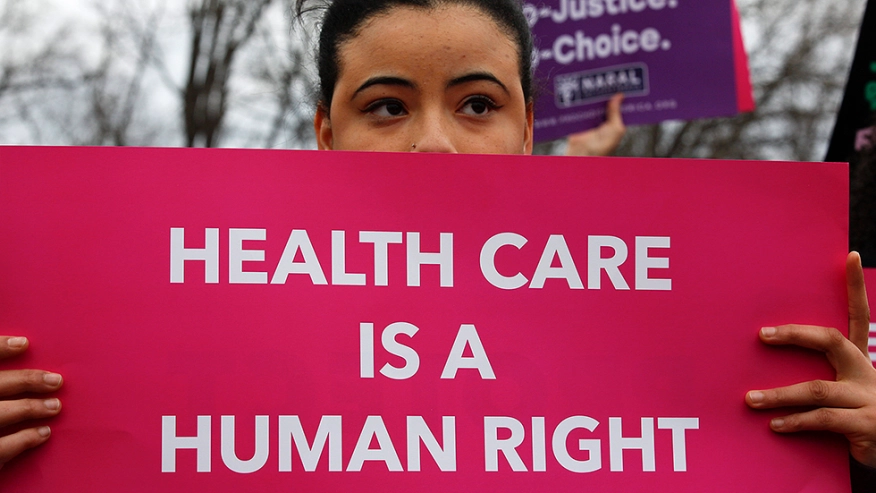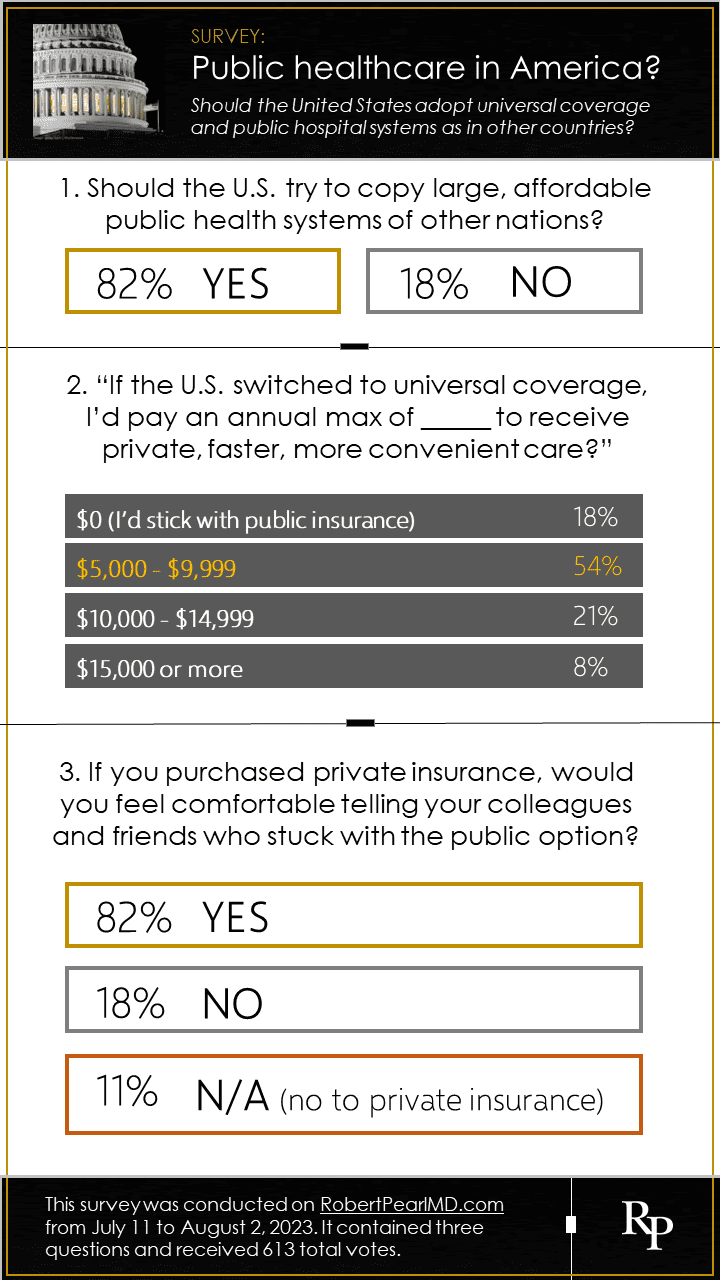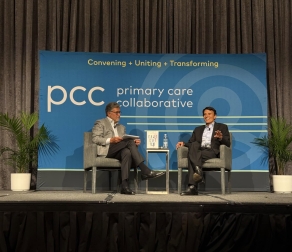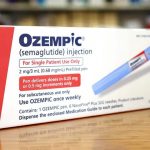With that context, I asked readers of this newsletter three questions. Here are the results:
My thoughts: I was surprised by the results of this survey. I never imagined that 4 in 5 readers would vote for a public healthcare system.
If the United States went in that direction, it would be the final step ending the traditional fragmented, fee-for-service payment model of healthcare provision in this country.
Implementing this type of model would address the ongoing challenge of 30 million uninsured in the United States. And it would lead to lower costs for medical care.
However, as in other nations, this shift would most likely lead to delays in care for patients and continued dissatisfaction for providers. At the same time, it might be better than the delays and dissatisfaction of today. That would depend on exactly how the program were implemented.
I was equally surprised by how much readers would be willing to pay out of pocket to jump the line in this new public-healthcare system. Most people don’t spend anywhere near $5,000 to $10,000 per year of their own money on healthcare today.
Thanks to all who voted! To particiapate in future surveys, and for access to timely news and opinion on American healthcare, sign up for my free (and ad-free) newsletter Monthly Musings on American Healthcare.
* * *
Dr. Robert Pearl is the former CEO of The Permanente Medical Group, the nation’s largest physician group. He’s a Forbes contributor, bestselling author, Stanford University professor, and host of two healthcare podcasts. Pearl’s newest book, “Uncaring: How the Culture of Medicine Kills Doctors & Patients,” is available now. All profits from the book go to Doctors Without Borders.









